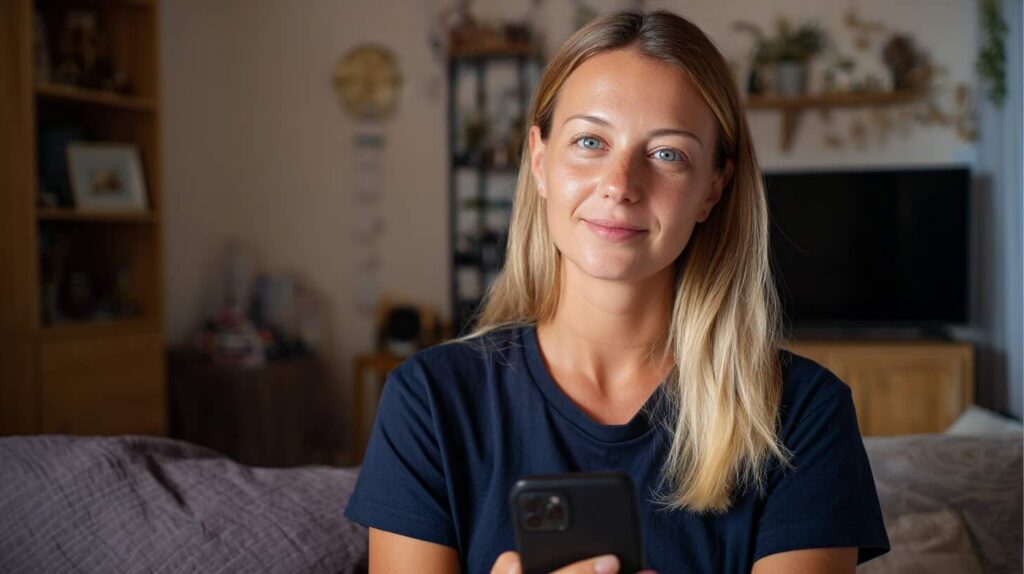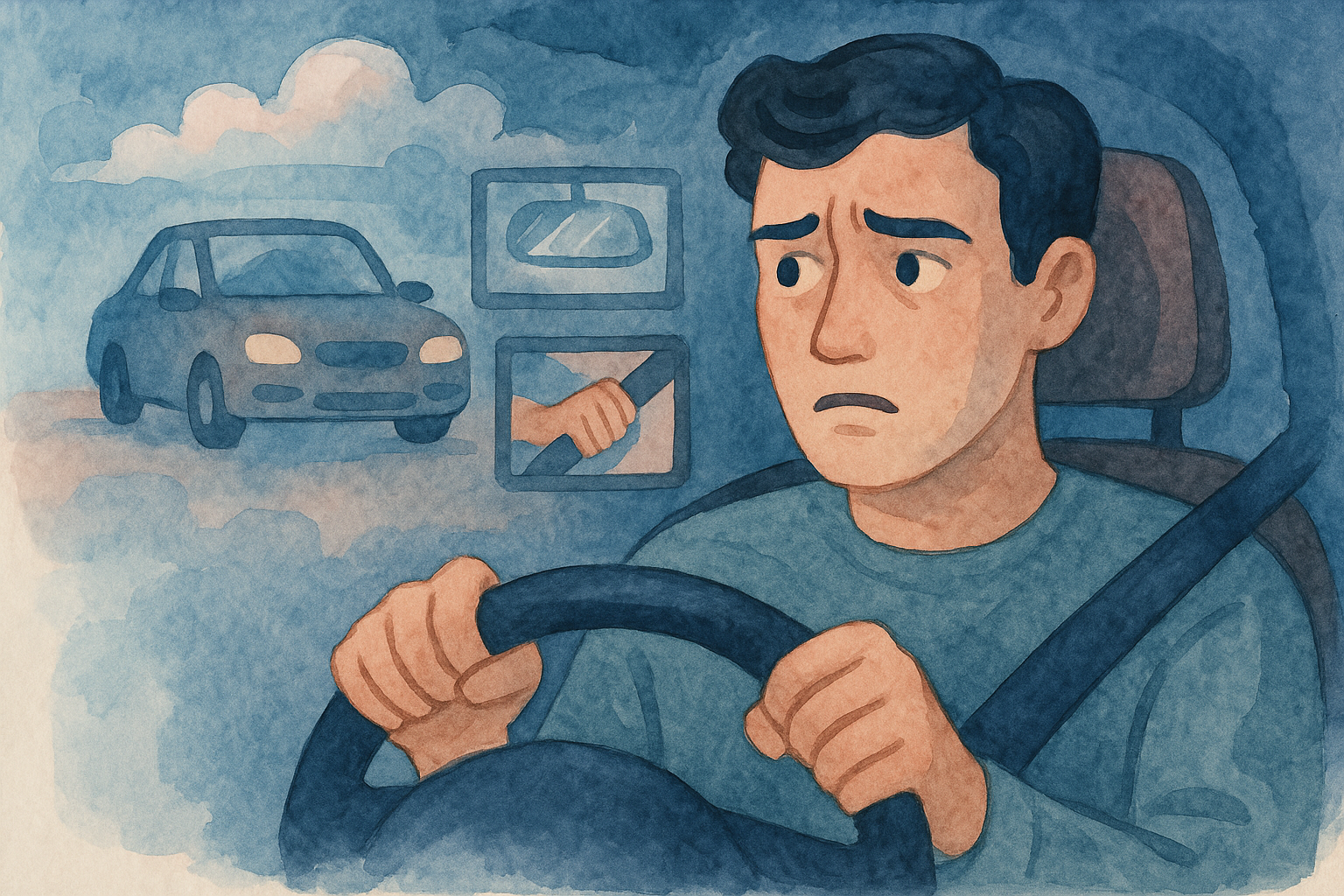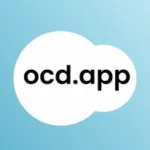
Don’t waste your best years losing to OCD.
82% see first results within a week.
★★★★★ Trusted by 150,000+ people
Endorsed by 20 publications
Save time
Less obsessing
Save money
Affordable
Free to try
7-day free trial
Real Value, Real Results
Not promises. Data from 1,100+ users tracked over 12 months.
Clinically Proven Results
Real results from real users – clinically measured improvement backed by 20 published studies.
Your Journey With ocd.app
Build Lasting Mental Resilience
Small daily habits compound into life-changing results. Our research-backed approach helps you build sustainable coping skills.
Scheduling required
No tracking
Progress tracking
Evidence-based
Start building your habit today
Why you are going to love ocd.app
“Revolutionary”
I love this app! I tried pretty much everything… but this one, it helped me so much with my OCD. I highly recommend it to anyone who struggles with OCD. It’s helped me to track my progress, set goals, and stay on track. I’m so grateful for this app!
— Bella G.
“It works”
This is my first review for an app and I am an 10+ years iPhone user. When I find myself overthinking, overstressing, and over anything that deals with anxiety, OCD, etc., the phrases or statements on this app pops up in my head to remind myself that everything will be ok.
— Connor P.
“Super easy”
I never thought I could get my OCD under control, but this app makes it so easy. I can manage my intrusive thoughts and they don’t seem so bad anymore. Thank you for making something for people who suffer.
— Chris W.
Understand how it works
Download ocd.app
You just made the first step and joined our 150,000+ community
Select your modules
OCD is pre-selected for you to fast-track your way. You can select more modules to work on later on.
Personalize
Select your gender and age
Schedule a reminder
Track your mood
Get to the home screen
Here you will see your daily tasks
Start your first exercise
You will quickly learn the basic concepts of embracing supportive thoughts and discarding unhelpful ones.
Real people – real results
“Effective”
Getting to understand how you think is what it really does. And the app gives you the tools to truly fix it.
— Summer E.
“Pays off”
First, you have to complete the exercises – that took me five weeks. Afterwards come the real benefit – that I can find content for pretty much whatever difficulties I am facing.
— Lati A.
“Companion”
After using this amazing resource for over a year, I know that it’s always with me. Thank you, ocd.app!
— Ashley C.
Spotlight: Prof. Guy Doron
Meet Prof. Guy Doron, a clinical psychologist, researcher, and co-creator of ocd.app – designed to help individuals cope with obsessive-compulsive disorder (OCD) and related conditions.

Guy’s journey began with his work in cognitive-behavioral therapy (CBT), where he listened to countless stories of people struggling with OCD.
This experience not only expanded his empathy and understanding of these challenges, but it also led him to become one of the pioneering researchers to define relationship obsessive-compulsive disorder (ROCD).
Using technology to beat OCD
Realizing the potential for technology to scale his impact, Guy envisioned an app that could provide a powerful and effective tool for individuals with OCD. By leveraging the latest advancements in artificial intelligence and big data, the app targets a single key element – the cognitive process. In doing so, it has a significant impact on users’ emotional and general well-being.
Building the most effective tools
Guy’s mission is simple yet profound: to create easy-to-use tools that empower people to focus on what truly matters in their lives and to achieve their dreams.
Why trust ocd.app?
ISO 27001:2022
Security certified
IOCDF Featured
Int’l OCD Foundation
OneMind Featured
Psyberguide recommended
4.7 Star Rating
150,000+ users
20 Published Studies
Including 10 RCTs
Clinical Team
Psychologists on staff
It’s free to try
Latest resources
-

Navigating Nighttime Challenges with CBT
Sleep challenges are often intertwined with obsessive thoughts and bedtime rituals, leading to insomnia and anxiety at night. This article…
·
-

Navigating the Maze of Eating Disorders and OCD: A Cognitive-Behavioral Approach
Eating disorders and obsessive-compulsive disorder (OCD) often intertwine, impacting individuals’ mental health and daily functioning. This article explores how cognitive-behavioral…
·
-

Navigating the Fear: Overcoming Driving Anxiety and OCD Through CBT
Driving can be a source of anxiety for many, manifesting in fears of accidents, compulsive checking, and obsessive thoughts. This…
·

